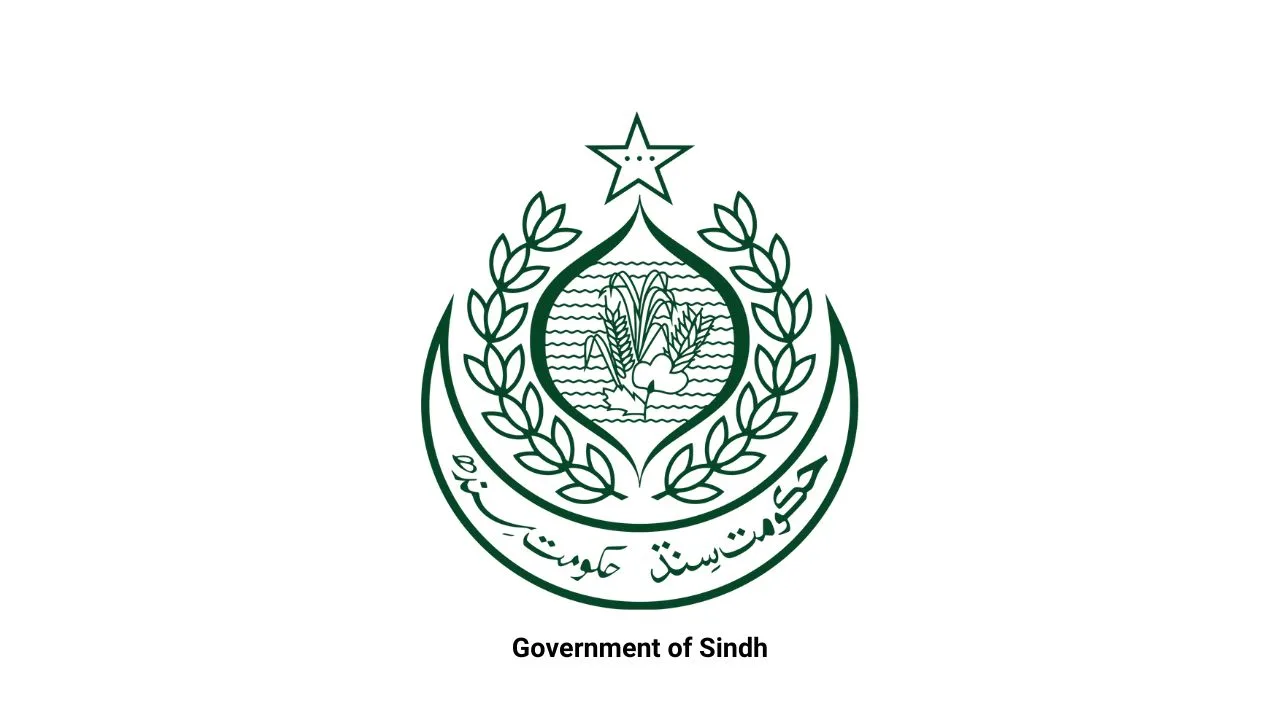Punjab’s Sehat Card provides free medical services and treatment to residents of the province, but is it a viable option for patients suffering from neurological or autoimmune diseases like multiple sclerosis (MS)? While the province’s Health Card is a very effective option for several ailments and treatments, a lot of problems and hurdles are placed for people getting treatment for neurological or autoimmune diseases.

What are neurological and autoimmune diseases?
Neurological diseases are illnesses that affect the brain, spinal cord, and nerves. These diseases can change how we move, feel, and think. Some common neurological diseases are Alzheimer’s, which affects memory, Parkinson’s, which causes shaking and difficulty with movement, and epilepsy, which causes seizures.
These diseases can happen to anyone, but some people are more likely to get them because of their genes, age, or other health problems. Treatment can help manage symptoms, but many neurological diseases cannot be completely cured. Furthermore, another disease that falls under the neurological category is multiple sclerosis (MS), which is also an autoimmune disease.
Autoimmune diseases tend to fall under the neurological side and mostly dealt with by neurologists.
What is multiple sclerosis (MS)?
In multiple sclerosis (MS), the immune system attacks the protective covering of nerve fibers, leading to communication problems between the brain and the rest of the body. There are several symptoms of the disease, and some may include fatigue, difficulty walking, numbness, vision problems, and muscle weakness.
Like other neurological diseases, MS can be managed with treatment, but there is currently no cure and it is a life-long illness.
Punjab’s Health Card for Neurological and Autoimmune Diseases
While Punjab’s Sehat Card provides access to free medical treatment for many ailments, patients with neurological conditions like multiple sclerosis (MS) face significant challenges. First, patients must visit multiple doctors at approved hospitals to get treatment approval under the program, which can be extremely exhausting.
Furthermore, these visits are not free, and neurological specialists often charge high consultation fees. Patients typically need to see the same doctor several times to get updates on their treatment approval, with doctors often delaying the process until the last minute.
In this article, we will specifically discuss multiple sclerosis (MS) and its treatment under the Punjab Sehat Card program.
Multiple Sclerosis (MS) Treatment Under Punjab Sehat Card
Multiple Sclerosis (MS) patients face many problems when seeking treatment through the Punjab Sehat Card Program. Approvals are often difficult and delayed, which is problematic because timely treatment is crucial to manage the disease and prevent further damage.
MS treatment typically involves immunosuppressants to stop the immune system from attacking the protective covering of nerve fibers. Immediate treatment often includes corticosteroid injections to quickly suppress the immune system, but these are not a long-term solution as they can cause other health issues with repeated use.
To avoid these issues, there are specialized medications that suppress the immune system without causing long-term damage. One of the most effective treatments for MS is the Ocrevus injection, a long-term immunosuppressant.
MS patients can receive the Ocrevus injection through the Punjab Sehat Card once a year. However, getting approval for this treatment can be difficult due to delays in government funding for Roche Pakistan Limited, the pharmaceutical company that makes the drug.
The Punjab Sehat Card provides Rs. 10 lakh per family for free medical treatments. However, the Ocrevus injection, which costs around Rs. 5 lakh in Pakistan, can only be received once a year.
Process for Obtaining Ocrevus Injection for MS Treatment Under Health Card
The process is simple. First, visit a hospital that accepts the Punjab Sehat Card. You can find a list of these hospitals on the Punjab Health Initiative Management Company’s website. Make sure the specific hospital you choose offers treatments for multiple sclerosis (MS). You will need to make an appointment with a neuro-specialist and pay the consultation fee to discuss your case and see if you can get treated under the health card.
This neuro-specialist does not have to be your primary doctor. You can keep another neuro-specialist for your ongoing MS treatment. The specialist you consult with will simply administer the Ocrevus injection at the hospital. Ensure the hospital is equipped to administer the Ocrevus injection, as not all hospitals offering neurological treatments have this facility.
If you reside in Lahore, you can visit the Central Park Teaching Hospital for your MS treatment as they can help you get your Ocrevus injection under the health card. However, as stated above, the process is timely and you will need to apply at least two months in advance and make multiple follow-ups.
Application
The consultant will help you fill out the application and send it for review and approval, which can take up to a few weeks. Therefore, it is recommended to start the process at least 2 months in advance so that your approval is ready by the time you need the Ocrevus injection.
Is the Sehat Card Reliable for Treatment?
This is a bit complicated since you are able to get the Ocrevus injection under the health card but there are times when it has been delayed by months, which is a very serious problem. Furthermore, it is not a good idea to completely rely on the sehat card for treatment.









